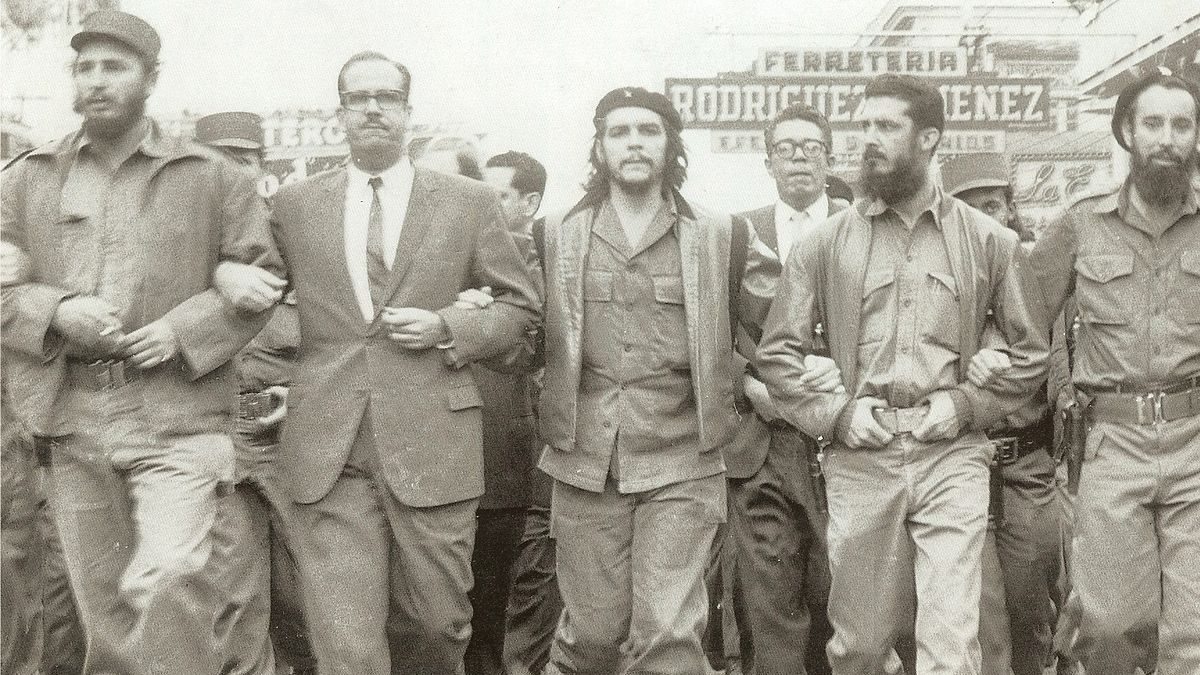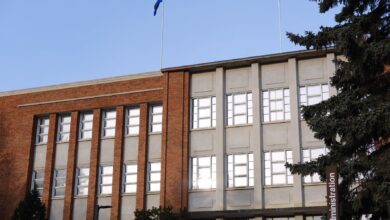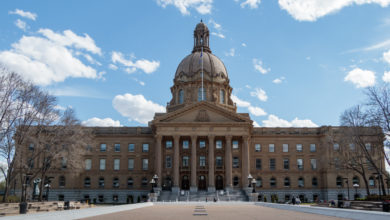Ask a Prof: What did Castro contribute to Cuban literature?
 Supplied
SuppliedFidel Castro, a Cuban politician and revolutionary nationalist, passed away on November 25. As leader of the Cuban Revolution, Castro converted his nation into the first communist state in the Western hemisphere. The revolutionary leader also had a major role in shaping the nation’s culture. Following Castro’s death, many have begun discussing the future of Cuba and its culture.
Odile Cisneros, a Modern Languages and Cultural Studies professor at the University of Alberta specializes in Latin American Studies. She teaches Spanish, Latin American Literature, Translation, and Comparative Literature — in Winter 2017 she’ll be teaching SPAN 406 (Exercises in Translation: English into Spanish) and SPAN 506 (Exercises in Translation: English to Spanish). We spoke with her about the Fidel Castro, the Cuban Revolution, his effect on Cuban literature, and his personal dabbles in writing.
The Gateway: What’s your personal perspective on Fidel Castro?
Odile Cisneros: He was a very controversial figure. If you ask the disenfranchised people in Cuba, especially those who lived through the revolution, they would say he was a leader who stood up to the oppression and influence of the United States. However, many people believe he did that at the expense of things like freedom of expression. He means different things to different people. His death will not change that.
What was Castro’s greatest achievement?
He strengthened the pride that Cuba could stand up, being such a small country. A David and Goliath story. He continued the work of patriots such as José Martí, who actually died fighting for Cuban independence in the 19th century.
Castro enacted many political and economic reforms, what were some of his cultural policies?
The Cuban Revolution brought a lot of changes in terms of democratizing culture. Libraries, book prizes, and literary contests were introduced.
One beneficiary from these reforms was Reynaldo Arenas (a Cuban poet and novelist). He came from a poor peasant background and was literally shaped by the policies of the Cuban Revolution. He was able to attend university, get a degree, and win a literary prize that was instituted under Castro. However, the revolutionary government quickly started to crack down on anything that they saw as being counter-revolutionary. In the case of Reynaldo Arenas, he was an openly gay writer, something not seen favourably by the communist regime. He was imprisoned and sent to a facility where they had to correct his lifestyle. Eventually, he had to leave Cuba.
Some writers who stayed in Cuba became ideological vehicles promoting communism. Unfortunately, a lot of good writers had to go into exile in order to avoid the closing of freedoms for writers.
What did Cuban literature look like before and after the revolution?
There was already a rich literary life that existed in Cuba before the revolution. In the early 20th century, Cuba had a really important avant-garde movement of poets that developed their whole poetry around the connections with African heritage, the poetry of “negrismo.”
After the revolution, Cuba instituted this alternative circuit of literary and intellectual life called Casa de las Américas and tried to bring a network of writers from Latin America and Cuba together. The embargo with the United States meant less contact with them, but other Latin American countries continued to have that interaction.
Did Castro ever try to write anything?
He wrote a lot of speeches. Many of them were impassioned with ideology. I think he was very gifted in terms of being able to convey emotion. When Castro was on trial as leader of the rebellion, he wrote a speech that ended up with his most famous phrase, “Condemn me if you will, history will absolve me.” He predicted that he would be successful in the end.
Castro was also known for going to the United Nations, taking the podium and speaking for hours. Same with a lot of his rallies. He was very dramatic in his expression.
Do you think that Castro’s death will mark a shift in Cuba?
I don’t think it will. What is interesting is that this might be the end of an era of a certain type of revolutionary from the revolutions of the 50’s, 60’s, and 70’s in Latin and Central America. The only living leader having that certain status Nicaraguan Ernesto Cardenal who is a poet, priest, and a writer.




